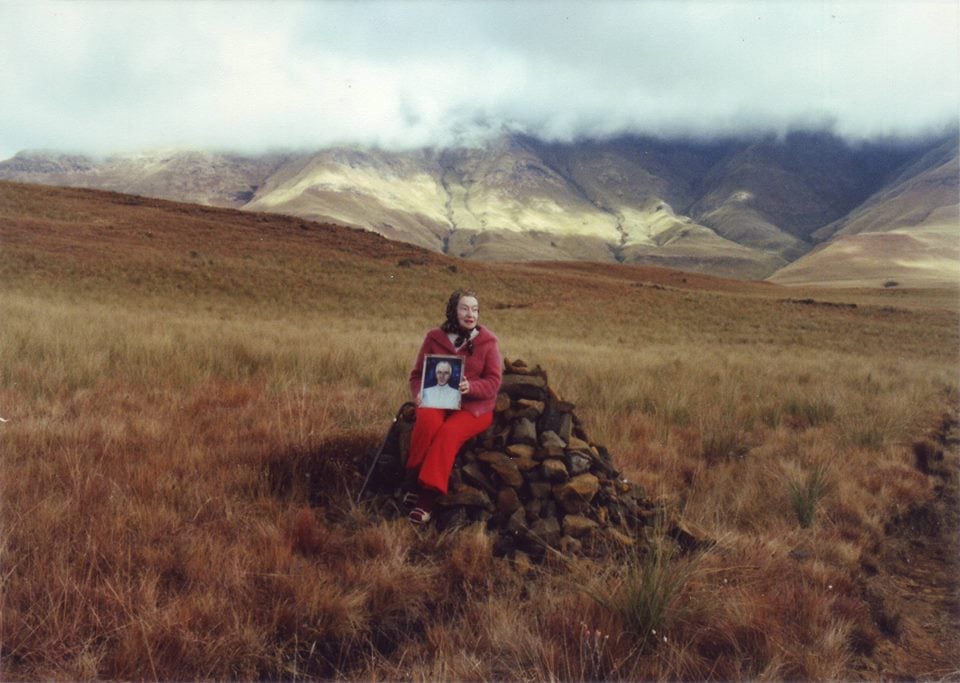Documentaries tend to depict real subjects through grounded, true-to-life ways, but the subject matter of Beyond the Light Barrier feels quite fantastic. Based on the autobiography of a South African meteorologist, this documentary isn’t about the science of weather watching – instead, it’s about Elizabeth Klarer and her strange account of her alien lover. Director Uga Carlini reimagines her encounters through 50’s style graphics, comic book-like illustrations, and John Kani’s serene narration. The film doesn’t make the conclusion whether aliens are true, as the film’s interviews vary between believers and skeptics. However, it’s an interesting look into these encounters, and how people use these unusual accounts to express certain fears and ideologies, especially in its last fifteen minutes.
Synopsis
Beyond the Light Barrier is the autobiographical true story of Elizabeth Klarer, a South African woman, and Akon, an astrophysicist from Meton, a planet of Proxima Centauri. Elizabeth was taken in his spaceship to Meton where she lived with his family for four months and bore his son. She came back to Earth with very detailed technical information of how the light propulsion system used in the spaceship operated and other information that greatly impressed earth scientists.
Storyline
After her alien encounter, meteorologist Elizabeth Klarer has devoted her life to prove the existence of her alien lover Akon, an advanced extraterrestrial from the planet Meton in the solar system of Proxima Centauri.
TLDR
What a plot twist.
What stands out
Beyond the Light Barrier starts with a strange and kooky tone. After all, the account written in Klarer’s autobiography isn’t just one of aliens– it’s specifically a lady meeting an extraterrestrial being, having their child, and maintaining contact with said being for years. The way she describes their romance lines up with certain fatalistic love stories, like that she was watched by said alien for years, that they had a telepathic connection, and that she was chosen for her bloodline as a “daughter of Venus”. While these ideas sound romantic, the film’s twist reveals the uncomfortable underlying ideology that romances like these espouse. It’s a clever ending to the film, especially as it expresses the same disappointment the narrator, and likely the filmmaker, had when they found out about this last tidbit.




